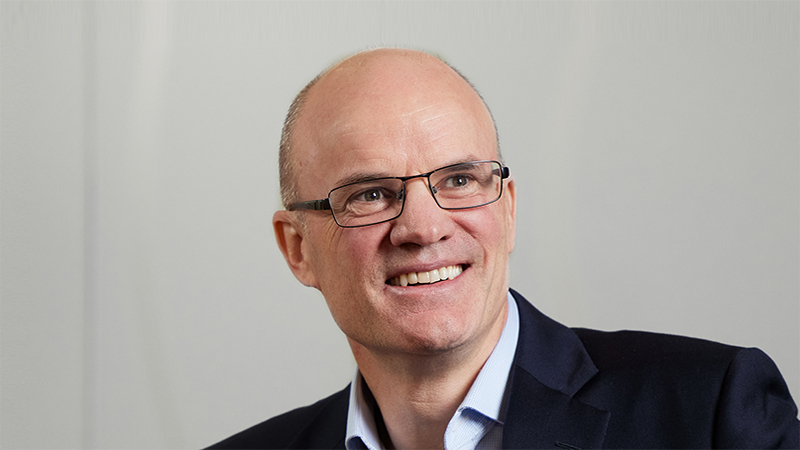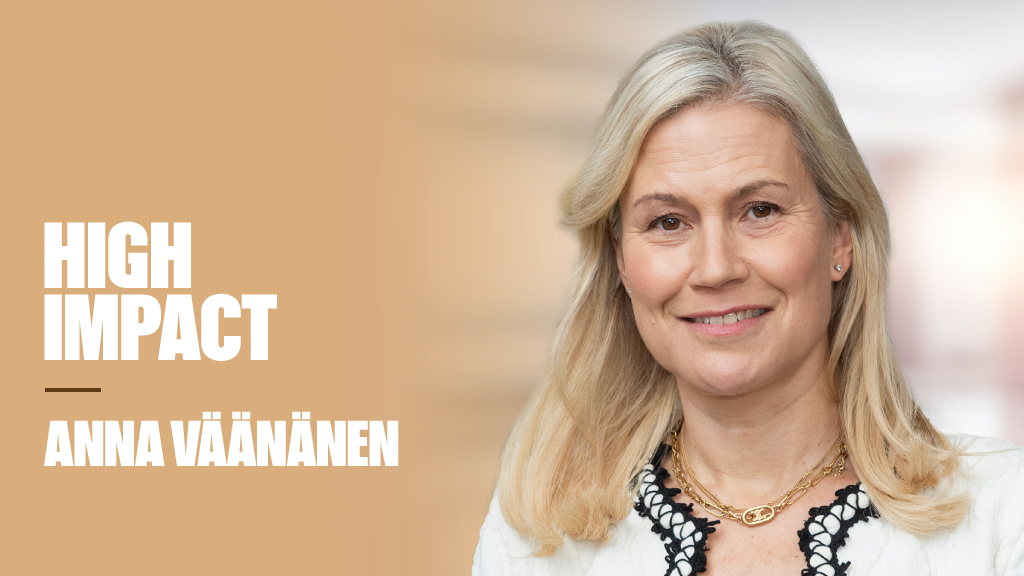In 2011, Coca-Cola announced its intention to invest $3bn in the Russian economy within five years. Recently, Rosneft and ExxonMobil agreed to jointly develop gas fields in the Kara Sea and the Black Sea with a total investment of over $200bn. The Renault-Nissan Alliance, after much deliberation, has decided to increase its share in the Russian car-making giant AvtoVAZ to take a majority stake in the enterprise.
Not just multinationals investing in Russia
Investments in Russian innovative technologies are also gaining in popularity, especially projects with comparatively small initial capital (about €1m) and quick payback. Investors are also interested in start-ups – for example, in 2011 the total amount of venture capital investments in the Russian IT sector totalled $237m.
Given the general deterioration in the global economy, Russia is becoming a rather attractive option for investors. Last year the flow of direct investment into the country amounted to about 3% of GDP. However one shouldn’t forget that last year many investors implemented plans that had previously been postponed because of the crisis.
I expect the total volume of foreign investments into the Russian economy will be 30% to 40% lower in 2012 which is still higher than in 2009, thus maintaining the growth trend.
As a result Russia, has achieved eighth position in the rating of planned investments by global corporations in 2012-2014.
The growing interest towards investing in Russia is based on recent changes in both the global and Russian economies, as well as on a range of basic factors. Thus, it is quite obvious that investing in the American market does not make sense since in the US local capital is cheaper and more competitive. In Europe, investors are concerned about a prolonged recession and uncertainty in the future of the euro.
The trends in the Asian economies are not very good either.
China, judging by the statements of its leaders, will try to fight the crisis relying on its own resources. South and Central America and India remain somewhat exotic for European investors. Against this background, Russia and a number of other Eastern European countries are becoming more and more attractive as potential investment targets, with Russia appearing to be in the stronger position.
Lower growth but lower debt
Oddly enough, the macro-economic stability of the country is provided by its commodity-based model of the economy. Thanks to it, lower economic growth rates (compared to the BRICS countries) are offset by an insignificant level of external debt, which constitutes only 9.2% of GDP. During the global debt crisis we believe this can be a decisive factor.
This situation is not likely to change for a long time. Energy prices will remain high due to increasing fuel consumption in India and China, as well as growth in global private car ownership. The collapse of the idea of shale oil energy in Europe, continuing tensions in the Middle East and the current policies of OPEC also prevent any foreseeable price decrease. This gives Russia a number of advantages over other developing countries.
Another important trend is the determination of Russian authorities to improve the investment climate. Being vested with exclusive authority, Putin cannot but understand the significance of foreign direct investment and is demonstrating willingness to provide favourable conditions for investors. Thus, the President has set the government very ambitious tasks: to increase the volume of investment up to 27% of GDP by 2018 and to improve Russia’s position in the World Bank’s rating list from 120th position to 20th.
The first step in this direction has been the decision to put a moratorium on tax increases in the non-primary sector. Now there is hope that tax collection practices will become more transparent. "The procedures of tax administration should be comfortable for honest taxpayers," Putin said in his Budget address.
The third factor, which gives Russia an advantage in the competition for foreign investment, is the country’s recent accession to the World Trade Organisation.
The growing investment attractiveness of Russia, despite the obvious risks that investors face there, suggests changes in the philosophy of European investors. Today, emerging economies of Eastern Europe and the BRICS countries are competing for their attention. Russia is showing the desire to become the leader in this fight.










